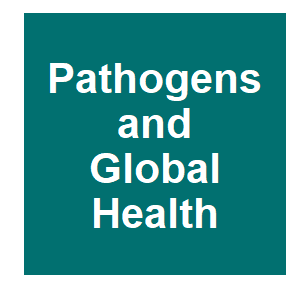Oxitec and MosquitoMate in the United States: lessons for the future of gene drive mosquito control

|
C. E. Schairer, J. Najera, A. A. James, O. S. Akbari and C. S. Bloss,
Pathogens and Global Health,
2021.

ABSTRACTIn response to growing concerns regarding mosquito-borne diseases, scientists are developing novel systems of vector control. Early examples include Oxitec?s OX513A genetically-engineered mosquito and MosquitoMate?s Wolbachia-infected mosquito, and systems using ?gene-drive? are in development. Systems based on genetic engineering are controversial and institutions around the world are grappling with the question of who should have a say in how such technologies are field-tested and used. Based on media coverage and public records, we created comparative timelines of the efforts of Oxitec and MosquitoMate to navigate federal and local governance and bring their products to market in the United States. We analyze these timelines with particular attention to the role of public input in technology governance. These cases illustrate how governance of technology in the US is diverse, complex, and opaque. Further, the public response to proposed field trials of the Oxitec product highlights inconsistencies between public expectations for governance and actual practice. As gene-drive mosquito control products develop, both federal and local agencies will find their legitimacy tested without a better procedure for transparently integrating public input. More related to this: Mapping research and governance needs for gene drives Editing nature: Local roots of global governance Soon we’ll be able to engineer the wild, can the policies keep up with the science? Global Governing Bodies: A Pathway for Gene Drive Governance for Vector Mosquito Control
|



